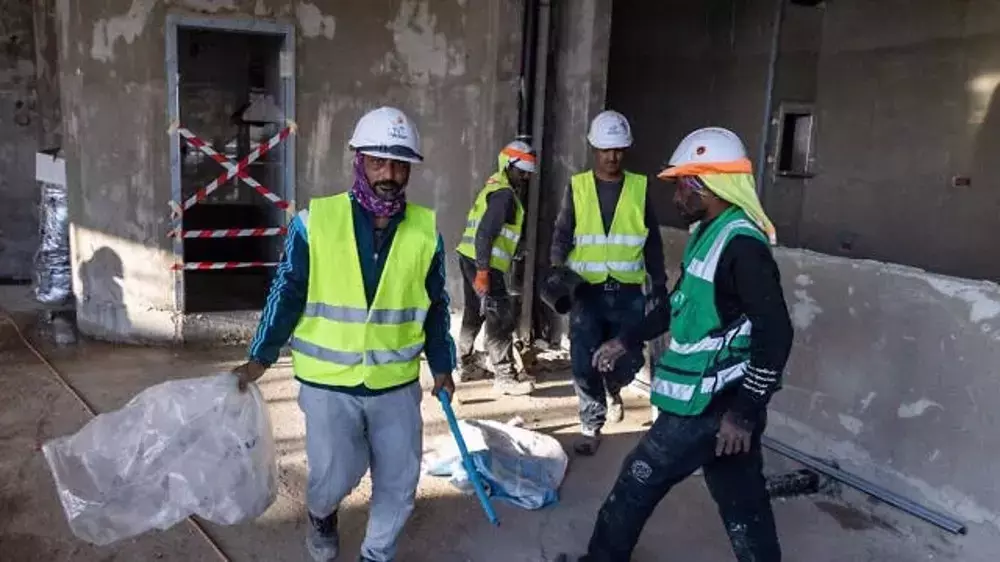
In a significant shift within the construction industry of the Israeli-occupied territories, approximately 16,000 Indian workers have arrived in 2024 to take on roles previously held by Palestinian laborers. This move reflects broader changes in the region's workforce dynamics and highlights complex geopolitical relationships. The influx of Indian workers is driven by Israel's policy of restricting Palestinian access to their homeland. One key figure in this migration is Samir Khosla, who has facilitated the movement of over 3,500 workers from India. While these workers face new challenges, they also benefit from higher wages compared to those in India.
Details of the Workforce Transition
In the heart of the bustling Middle East, during the final months of 2024, a notable transformation occurred in the construction sector of the Israeli-occupied territories. Thousands of Indian workers, numbering around 16,000, began replacing their Palestinian counterparts. This transition was prompted by Israel's restrictive policies that deny Palestinians entry into areas where they once worked. One of the major facilitators of this shift is Samir Khosla, chairman of Dynamic Staffing Services based in Delhi. Khosla has successfully brought over 3,500 workers to the region, contributing to Israel's construction boom.
Raju Nishad, one such worker, now finds himself building homes in Beer Yaakov, a developing neighborhood in central occupied territories. For him and many others, the financial incentive is substantial, earning three times more than what they would back home. This opportunity comes at a time when India, despite being the world's fifth-largest economy, struggles with job creation for its vast population. Indian workers have long been employed in various sectors in Israel, including caregiving, diamond trading, and IT services, but this marks a significant expansion into construction.
The collaboration between India and Israel extends beyond employment. Both nations share strong economic ties, particularly in defense, with India being the largest buyer of Israeli weapons. However, this partnership has not gone without criticism. Indian human rights activists and scholars have voiced concerns about India's involvement in supporting Israel's actions in Gaza. Reports indicate that Israeli forces are using AI-driven systems co-developed with an Indian arms company, further complicating the relationship.
From a journalistic perspective, this development raises important questions about global labor mobility and the ethical implications of international collaborations. It underscores the need for careful consideration of how economic partnerships impact vulnerable populations and regional stability. The situation serves as a reminder of the interconnectedness of global economies and the importance of addressing the social and political consequences of such arrangements.
